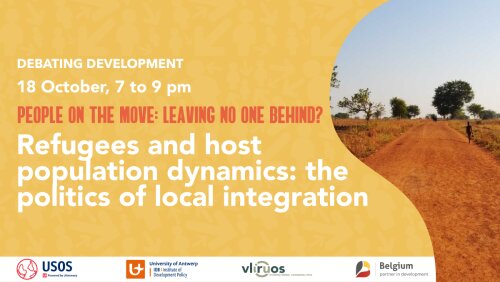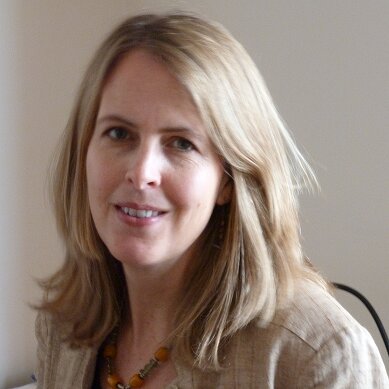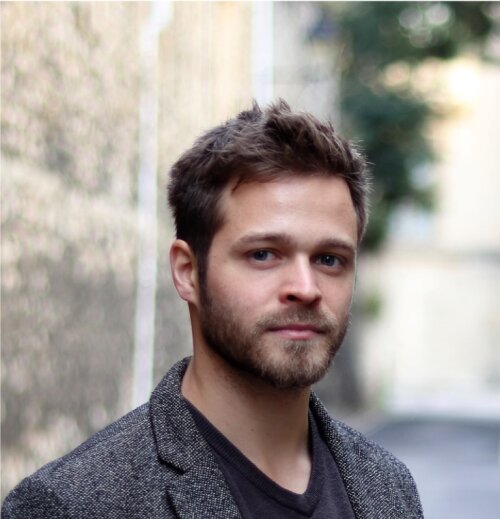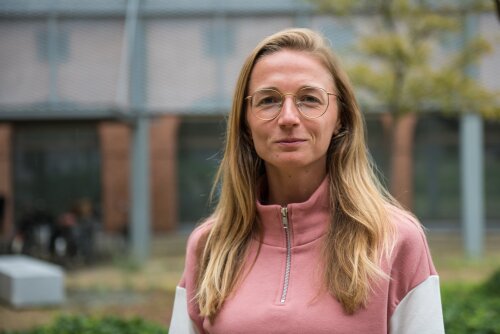
There are three durable solutions to the issues of displacement – repatriation, local integration and resettlement. Unfortunately, all these have failed leaving millions of refugees in ongoing exile. The implication of this is that the vast majority of refugees today live is a situation of protracted displacement and although many find ways to integrate, these remain unstable. In this debate, we unpack the term ‘local integration’ which is used by academics, policy makers and civil society to mean a wide range of different things. We further delve into the role of states in undermining local integration. We show how local integration is not only unrealistic for most of the world’s refuges but it also has an impact on how local integration is understood and ultimately avoided in countries hosting the majority of refugees. What we observe is the increasing use of the language around ‘local solutions’, self-reliance and resilience but in reality the qualitative change for refugees remains minimal. We conclude with what all this means for refugees and their hosts living in protracted displacement and what is needed to reinvigorate discussions on local integration as a durable solution.

Lucy Hovil (keynote speaker) is a senior Research Associate at the Refugee Law Initiative, University of London, UK. Lucy has spent the past twenty-two years carrying out research on issues of forced displacement and conflict in multiple areas across the world. Her areas of experience include forced migration, conflict analysis and conflict sensitivity, access to justice, transitional justice and gender-based violence. During the course of her work, she has had extensive experience of working with a broad range of civil society, governments, non-governmental organizations, academic institutions and donors in order to understand conflict contexts, their impact on local populations, and how best policy interventions can improve their effectiveness. Dr. Hovil is the author of ‘Refugees, Conflict and the Search for Belonging’ which was published by Palgrave in 2016.

Cory Rodgers (discussant) is a Senior Research Fellow at the Refugee Studies Centre, University of Oxford. He is an anthropologist who explores the influence of humanitarian and development policies on communal identity and inter-group relations. Since 2015, he has worked primarily in Turkana County in northwestern Kenya, the site of the decades-old Kakuma refugee camp, where he has documented the politicization of a ‘host community’ identity among Kenyans living in the vicinity of the camp. His current research in Kenya and Lebanon looks at humanitarian strategies to promote social cohesion between refugees living in protracted displacement and the local communities who host them.

Sarah Vancluysen (moderator) is a Post-Doctoral Researcher at the Institute of Development Policy, at the University of Antwerp in Belgium. She holds a MA and PhD in Development Studies, also obtained at this Institute. In her PhD research, she studied the presence of South Sudanese refugees in northern Uganda, for which she conducted field research in Adjumani district. In her post-doctoral work, she focuses on the transnational mobility of South Sudanese refugees, and decision-making strategies within such transnational households. She has published in Journal of Refugee Studies and Global Networks.